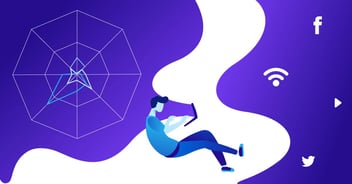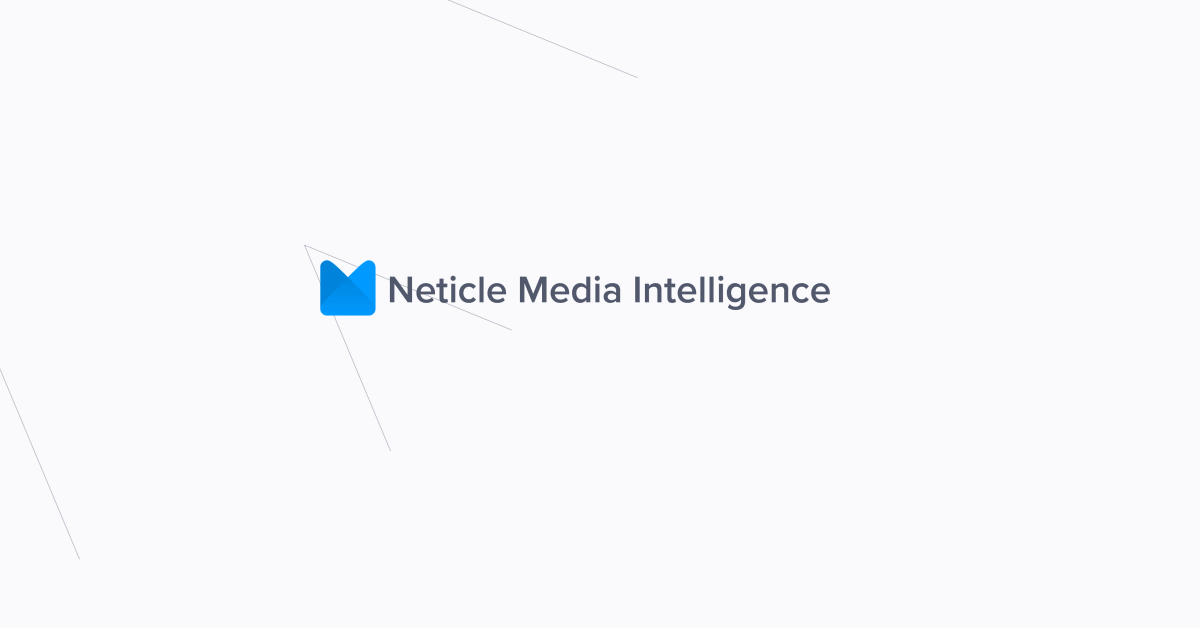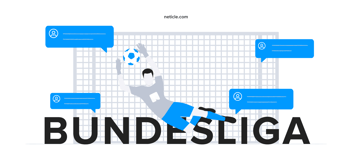Short but not sweet: the story of the Super League on the German web
In just three days, the rise and fall of the Super League rocked the world of football. Could the failure have been foreseen? What kind of lessons does the analysis of the general response hold? We dove in quickly to not miss this shot and serve you the hottest insights.
The possibility of a European Super League, a football championship for the elite teams of the continent, had been discussed occasionally for a long time, but it became a hot topic in 2020, as several clubs suffered financially due to the pandemic and needed a new source of income. After much debate, the concept became reality on the 18th of April with the participation of 12 clubs. However, it was followed by a huge backlash from fans, managers, politicians and even football players. Eventually, most of the teams withdrew and the competition was suspended only three days into its existence.
With the help of Neticle Media Intelligence, we have collected and analysed all public mentions of the competition on the German internet this year. There was no German club amongst the founding members (only English, Italian and Spanish ones), nevertheless football enthusiasts in the country paid close attention to the events and had strong opinions about them. The competition has had 64 thousand public mentions in 2021 so far, but the majority, namely 53 thousand mentions, were posted between the 18th and 23rd of April. A significant portion, 31% of the Super League’s mentions had a negative tone, which clearly shows just how outraged football supporters have been.
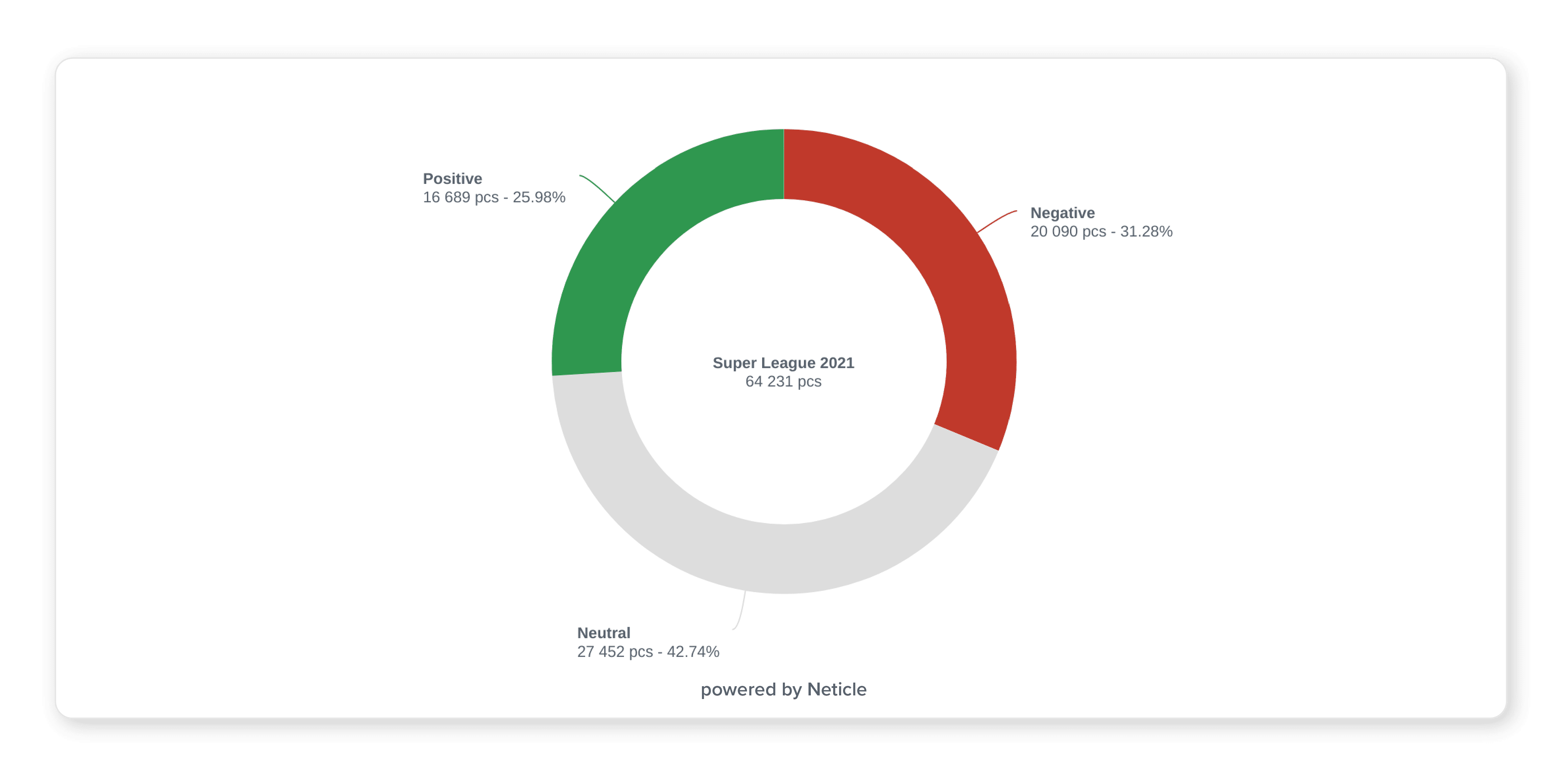
Fans were passionate: neutral mentions were actually the minority
What were the warning signs?
In the months leading up to April’s crazy turn of events, there were four occasions when the topic of the Super League was heavily featured in German news and social media. On the 21st of January, FIFA and its six confederations announced that in case Super League happens, it will not be recognised by any of them – which basically placed a ban in perspective for the Super League. In the wake of this, on the 2nd of February, more than a hundred fan groups signed a statement saying they were against starting the Super League, because it was “an unpopular, illegitimate and dangerous project” in their opinion. This was prominently featured in the news that day (4 frontpage articles and 19 more), and had social media mentions as well.
In the spring, three prominent figures of German football also declared their opposition of the Super League. On the 12th of March, news sites reported that Borussia Dortmund’s CEO, Hans-Joachim Watzke thought a reform of the Champions League based on the Swiss Model was the only way to stop Super League from happening. This story was very heavily covered, with 29 frontpage articles in German online media. Watzke had spoken out against the Super League before as well, but this time he took an even stronger stance.
On the 7th of April, Karl-Heinz Rummenigge, Chairman of the Executive Board of FC Bayern spoke against the Super League in an interview with The Athletic - he said that it would shake the foundations of European football. This also had heavy frontpage coverage. In addition, Bayer-Leverkusen’s CEO Fernando Carro revealed on this day that he was against the new championship, saying that mainly Real Madrid, AC Milan and Manchester United were the clubs that wanted to start it.
How did the Super League’s short life appear on social media?
The most engaging posts (meaning the ones with the highest number of interactions) on the day of the announcement of the Super League weren’t the ones about the announcement itself – instead, they were about UEFA’s reaction. This Instagram post by Sky Sport DE, and the same post on their Facebook page performed the best. UEFA thanked – among others – the German clubs who refused to join, and called the Super League a cynical project. The Deutsche Fussball Liga also warned that the Super League would cause irreparable damage – Sky Sport DE reported on Instagram.
Commenters mostly agreed with the clubs and also with UEFA, however, several people pointed out in popular comments that UEFA was not being honest. As a tweet that had hundreds of retweets in Germany explained, “the main thing UEFA and the Premiere League are scared of is that this means less money for them”.
As the situation escalated, and more news sites reported on the previous night’s events, even football players joined in the conversation. The most popular post on the 19th was Tagesschau’s: they quoted Lukas Podolski, who felt disappointed that his previous clubs would be participating in the new competition. On Kicker.de, Robin Gosens described it as a catastrophe for football. By this point, new hashtags have been created, such as #boycottsuperleague and #notosuperleague.
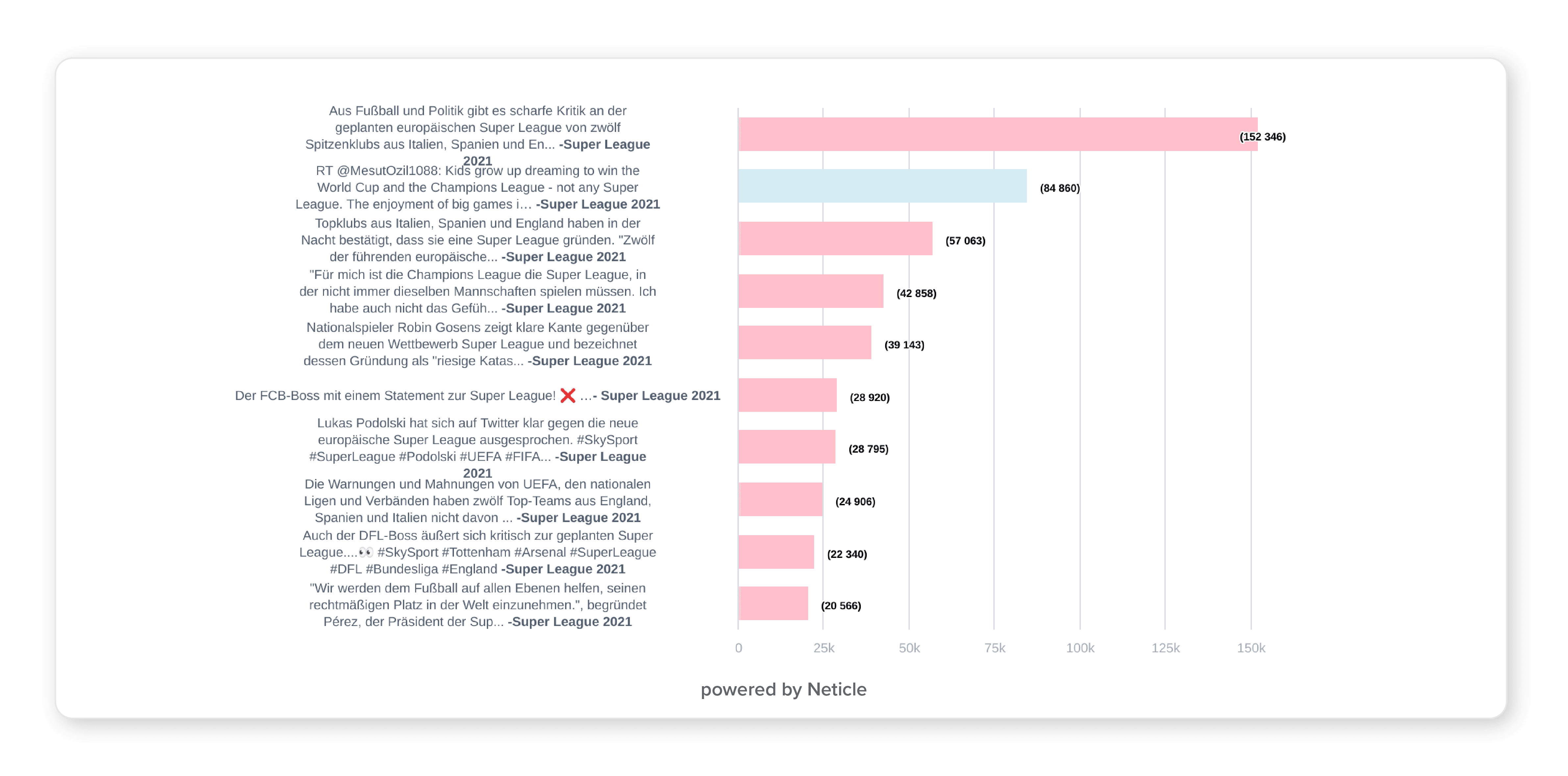
The most engaging posts on the 19th of April (interaction numbers in brackets)
Emotions were super heightened: an engaging tweet explained how special it was that big competitions were only happening once a year, and that this kind of magic would be destroyed by the Super League. Older arguments were dug up, like a quote by Jürgen Klopp, the manager of Liverpool, who said that nobody wanted to watch the same two teams compete with each other for ten years in a row.
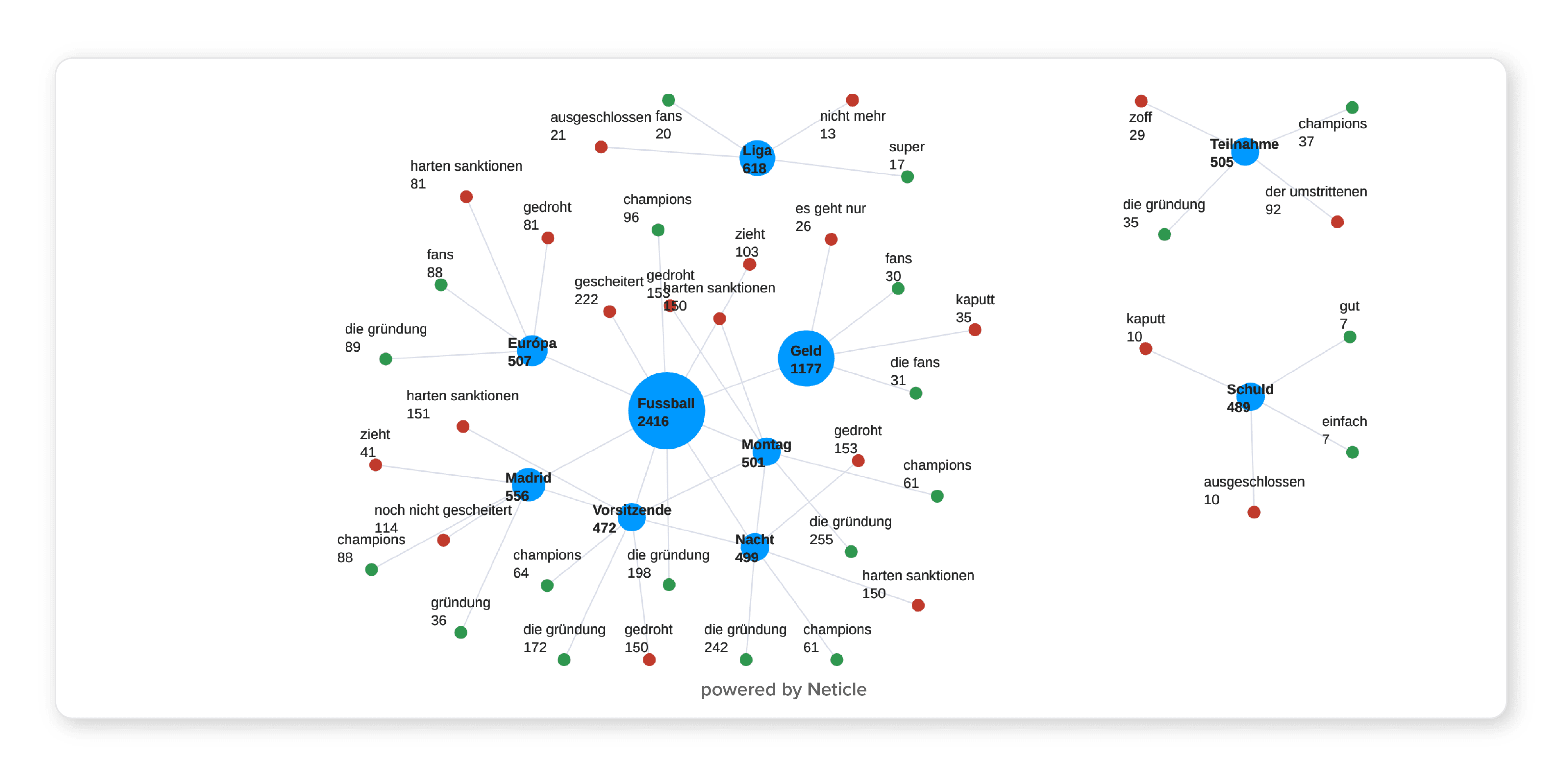
Map of key topics during the emotionally heightened period
Sky Sport even ran a quick poll among their audience and displayed the results on the 20th of April: 94% of their respondents were against the Super League. FC Bayern and Borussia Dortmund reconfirmed their non-attendance. This was the third and final day of the championship’s existence, and the most popular tweet of the day summed up prominent emotions pretty well:
European Super League 🥀
— FC Spartak Moscow (@fcsm_eng) April 20, 2021
19/04/21 – 20/04/21
You will not be missed. pic.twitter.com/d6WlTDJNdr
In the following days, social media kept discussing what had happened, but fans clearly favoured posts that confirmed the news about suspension and contained apologies from the big clubs, or expressed the intense emotions. The focus already started to shift though: on the 25th of April, Ilkay Gündogan of ManCity tweeted about the Champions League and how that would be transformed now that the Super League had failed.
If elite clubs ever decide to resurrect the Super League, there is a wealth of lessons hidden in these few days’ online content. Emotions, morals, and financial motivation behind such a competition must all be taken into consideration and addressed in the communication around it. It needs support from even more popular players, too. Football doesn’t work without its fans, and fans have been almost unanimously against the Super League in its current form. They will need more transparency and professionalism to be convinced after these events.
In the meantime, the show must go on with other competitions...
Share:
